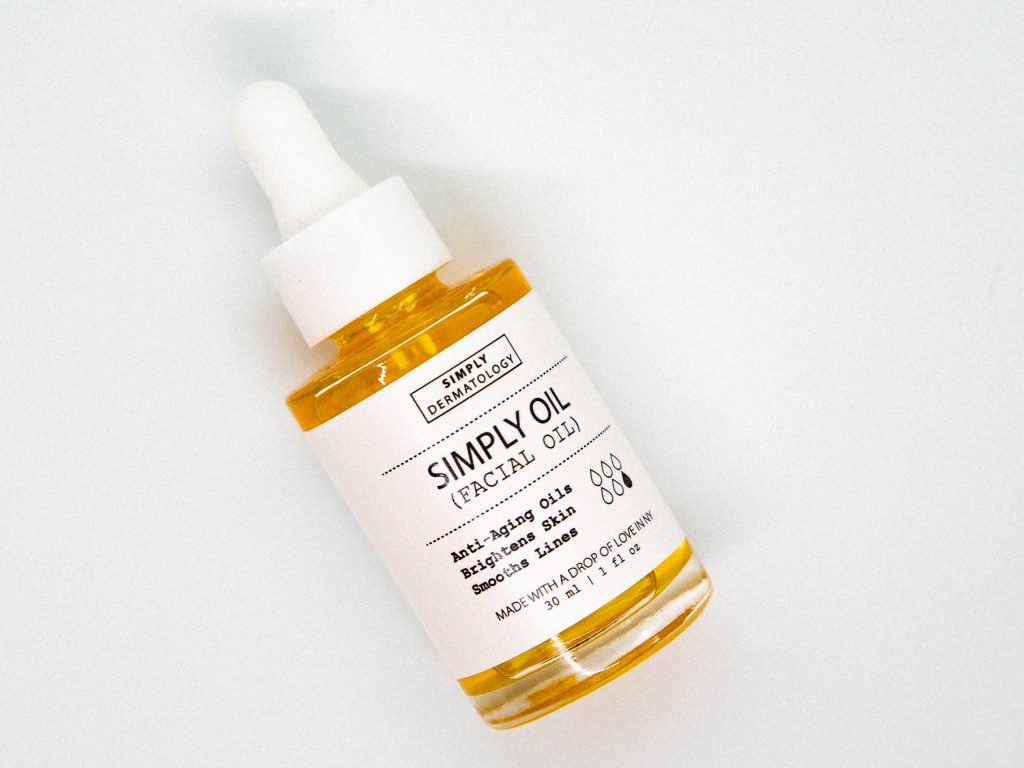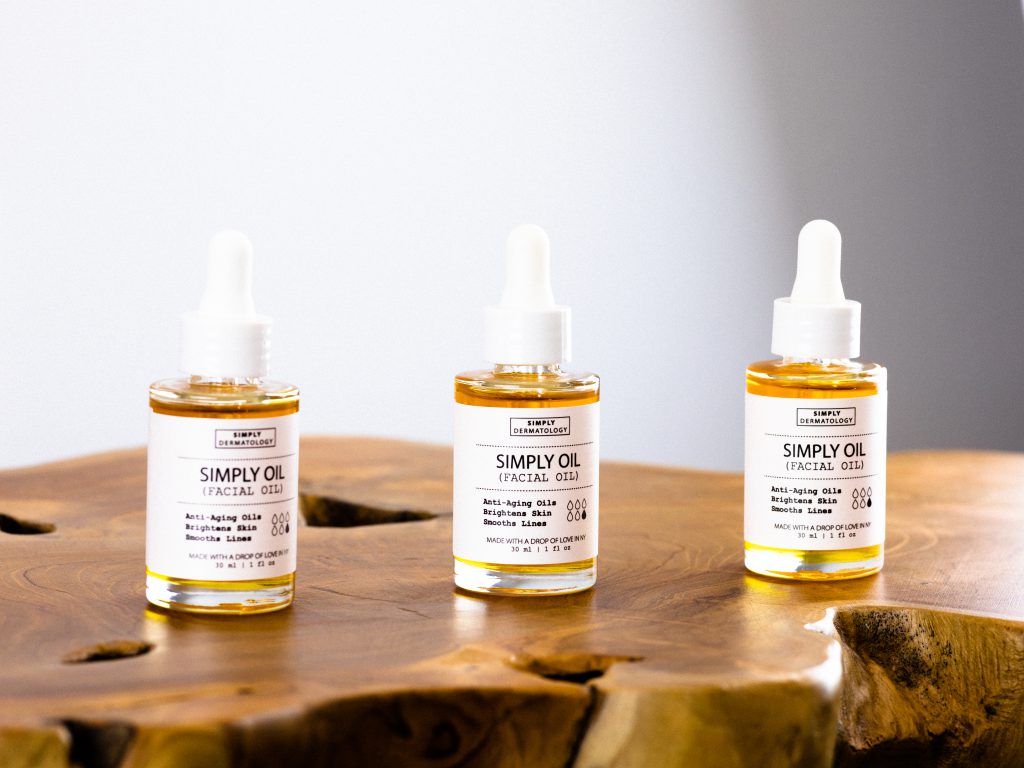Take a stroll down the cleansers isle of your local drug store—you’ll be bombarded by a plethora of different brands and types of face washes. With such an overwhelming abundance of choices, it can feel impossible to know what is the best face wash and which will most benefit your skin. Many of today’s popular cleansers boast being oil-free, but is this a good thing? It may not be if your goal is to promote a healthy microbiome—that is, a healthy balance of the fungi, bacteria, and viruses that naturally live on your body.

Did You Know Bacteria Can Be Good for Your Skin?
Today more than ever, we are experiencing a culture of concern when it comes to health and sanitization protocols. In this post-pandemic world, people are extra wary of getting sick and picking up infections from the environment and other people around them, understandably so. While it’s important to have proper hand hygiene and to sanitize when in public places to reduce the risk of catching the common cold or worse, our logical concern for preventing infections should not impact how we take care of our skin in its entirety. An ultra-defensive skin care routine can disrupt the balance of bad and good—yes, good!—bacteria on the skin.
In this country, we are obsessed with eradicating germs and being clean. However, many of the products we wash ourselves with dehydrate the skin, which leads us to needing moisturizers to correct the dryness. Essentially, because we fear getting sick, we buy (and sometimes overuse!) cleansers, and then we must search for the best moisturizer for dry skin to fix the damage done by our cleansers. This is not to say that people shouldn’t be washing—it’s just that perhaps we’re not washing the right way, and perhaps some of us are washing a bit too much.
As a dermatologist, it’s my job to know skin. I have dedicated my life to studying the body and how it functions, and one thing I can assure you of is that your skin is highly intelligent. Your skin produces oils and waxes that help retain moisture and offer protection, and in addition, your skin generates oils with natural antibacterial properties. Every day your skin works overtime to create a healthy barrier to defend your inner body from the outside world.
The skin is also programmed to maintain a certain pH, meaning a balance in acidic versus basic properties. We all have a mixture of oils on our skin and secretions from our sweat glands that contribute to the pH of our skin. The pH of the skin is extremely important because it can determine what kind of microbiome is healthy and growing on the skin. For instance, a pH that is overly basic or acidic may provide a beneficial environment for certain organisms such as yeast, fungus, or bacteria, and can make the host (your skin!) more likely to develop an overgrowth of these colonies. This, in turn, can lead to unwanted conditions such as facial staph infections, acne, and more.
An Unhealthy Microbiome Can Cause:
- Seborrheic dermatitis
- Ringworm
- Tinea versicolor
- Staph bacterial infections
- Eczema
- Atopic dermatitis
- Rosacea
- Acne
How Can We Ensure Our Skin Has the Healthiest Microbiome Possible?
There’s not really a quick fix—there’s no particular product, probiotic, or vitamin for healthy skin that can get you your best microbiome. Having a healthy microbiome comes down to habits. It’s determined by what you do on a daily basis to protect your skin and promote a strong barrier, the production of healthy oils, and a balanced pH.
This is where cleansing comes in—it’s so important to not over wash! Maintaining a healthy skin moisture level is vital for achieving a robust microbiome. The best way to obtain a healthy skin barrier is by utilizing gentle skin care practices. In general, it’s safe to wash the face one to two times daily. Individual skin dryness levels and other products or prescriptions in use will also determine how often a person should be washing his or her face.
You don’t want to only think about how often you should wash—it’s also important to take note of the type of face washes you use. Gentle cleansers that don’t dry out the skin or contain antibacterial properties are best! Cleansers with antibacterial ingredients can be useful in certain circumstances, such as when treating acne, rosacea, and other conditions that may be caused by bacterial loads. In cases such as those, it can be beneficial to use a benzoyl peroxide cleanser. But generally, using antibacterial cleansers all over the body every day will not help to build a strong skin barrier, and may in fact upset the skin’s natural microbiome.
Toss those scrubs, wash cloths, and sponges as well. These items can retain fungus and bacteria, and interfere with the skin by removing its outer layers that work to protect us from the outside environment.
How Oils Can Promote a Healthy Microbiome
When we are thinking about how to promote a healthy microbiome, we’re really thinking about how to promote healthy skin. The better you care for your skin, the better the outcome of your microbiome will be. Moisturizing can be positive for the microbiome, as it can help impart a healthy balance of oils on the skin.
Is coconut oil good for your skin? The use of natural oils such as virgin coconut oil can help preserve a healthy pH and can introduce fatty acids to the skin, which have inherent anti-bacterial, antifungal properties. Natural oils such as coconut oil can help to reduce inflammation as well.
In addition, cleansers that contain probiotics may be helpful to restore a healthy microbiome for those who have become compromised. But for the average person, these kinds of cleansers aren’t necessary. We usually recommend oil-based cleansers which help to remove the buildup of grime throughout the day, but don’t disrupt the natural balance of oils on the skin. Maintaining a healthy microbiome all comes down to protecting our skin’s natural oils.


Finish off your cleansing routine with a good face oil. One that contains rosehip oil, apricot seed oil, or marula oil will be the best oil for the face. Using these oils will be helpful in maintaining a strong skin barrier and promoting a healthy microbiome.
Follow Dr. P on TikTok for more skin care tips!

